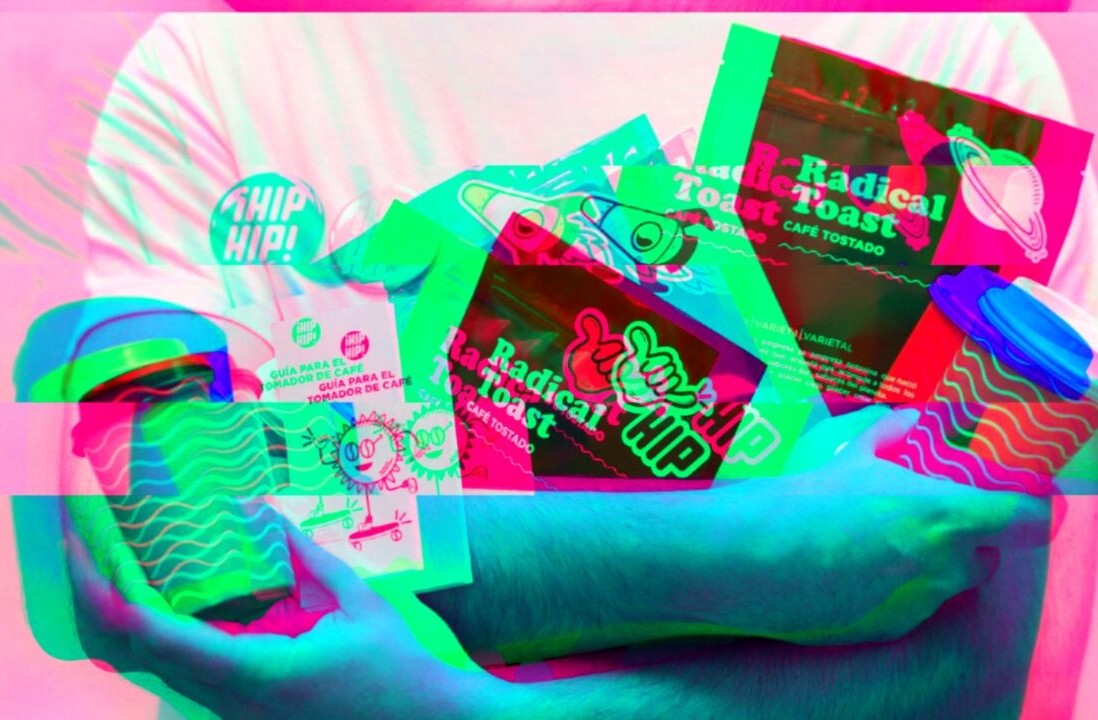
While marketing’s purpose has remained (relatively) static since its inception, the way this is achieved is in a constant state of flux.
Fundamentally, marketers want to convince their target audience that their product or service is worthy of their attention. The way professionals go about it has changed dramatically over the years.
30 years ago, you may have reached consumers through local papers and physical mail. Now? You may be looking at TikTok and Spotify.
To try and get a handle on what the current trends in the marketing business are — and what skills professionals need to cultivate — I spoke with Oscar Höglund, CEO and co-founder of Epidemic Sound, a music tech company that provides royalty-free soundtracks.
First off, Höglund told me that personalization, particularly that with “the use of visuals and music,” will become even more important in the coming years.
“Historically, marketers have tried to appeal to the masses,” Höglund said, but this is set to shift.
To illustrate this, he told me a story about the Super Bowl. Previously, the strategy for such an event would be to create a single advert — one designed to reach millions of people — and hope it lands well.
Personalization will change this. With the right technology and approach, Höglund said, you can create “hyper relevant content that attracts different target groups.”
A Super Bowl advert could become 40 different pieces of content, the soundtrack replaced by many songs in different genres that appeal to a range of target groups.
“Although the product and the core message will remain the same,” Höglund told me, “companies will need to make more personalized content in order to appeal to customers.”
If the marketing industry is going to evolve to be more personalization-centric, it makes sense that professionals in the space will also need to change. I put this to Höglund, asking what skills people in the sector will need in a decade.
“In the future, marketers [will] need to constantly analyze their customer needs,” he told me. “They need to map out and appeal to the different parts of people’s identity.”
Expanding on this, Höglund believes that the combination of analyzing data and learning about each individual’s preferences can help marketers give people perfect suggestions, recommending them things they’d never previously considered. To put it another way, to almost know them better than they know themselves.
Ultimately though, Höglund thinks the future of marketing “really boils down to understanding humans.” Computers will improve and take on the brunt of analysis, meaning marketers will have to get closer to people.
As Höglund put it: “In the future, marketers will move from being mathematicians to becoming anthropologists.”
Did you know Oscar Höglund is speaking at the TNW Conference this summer? Check out the full list of speakers here.
Get the TNW newsletter
Get the most important tech news in your inbox each week.




